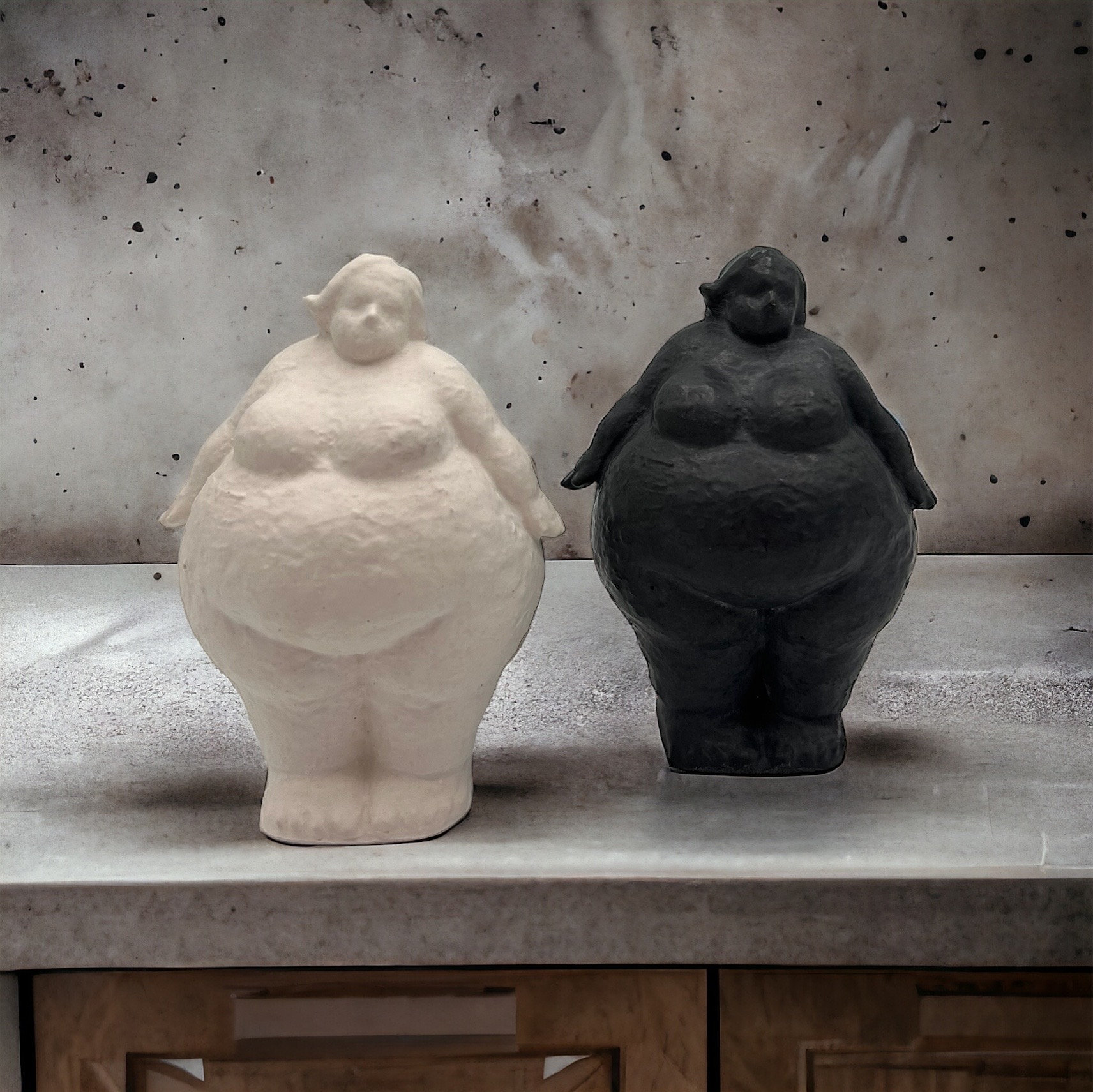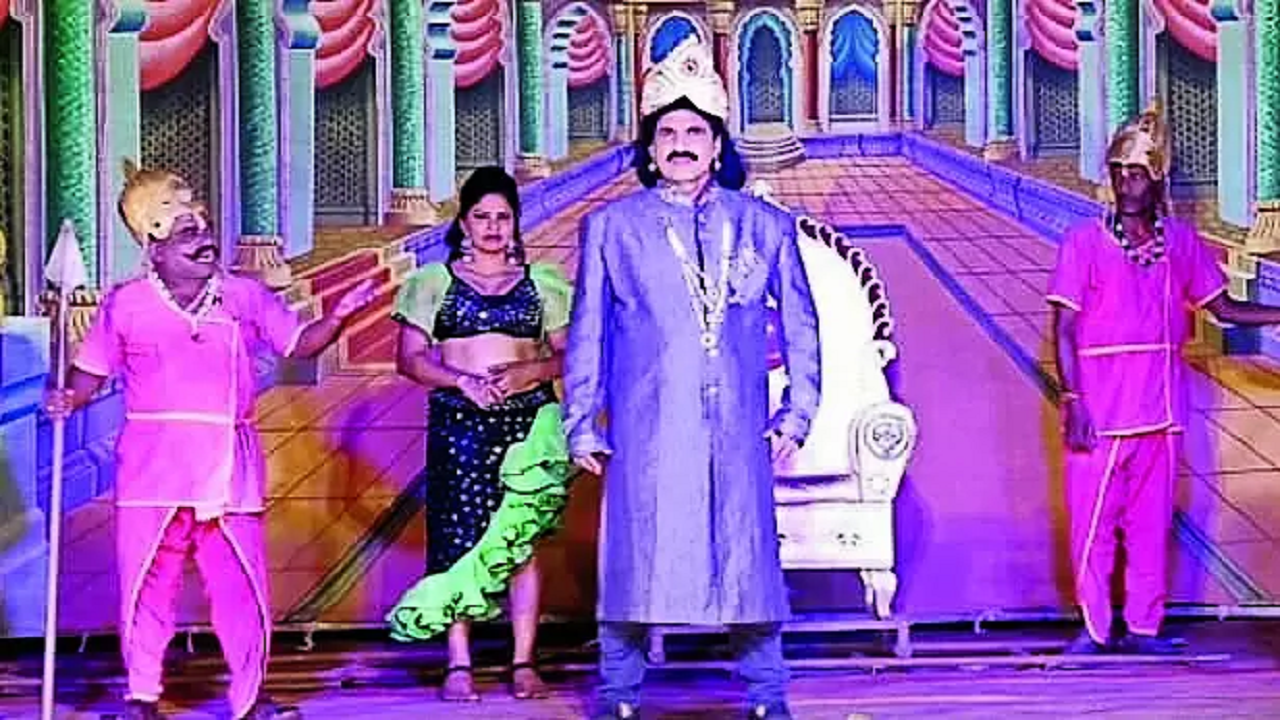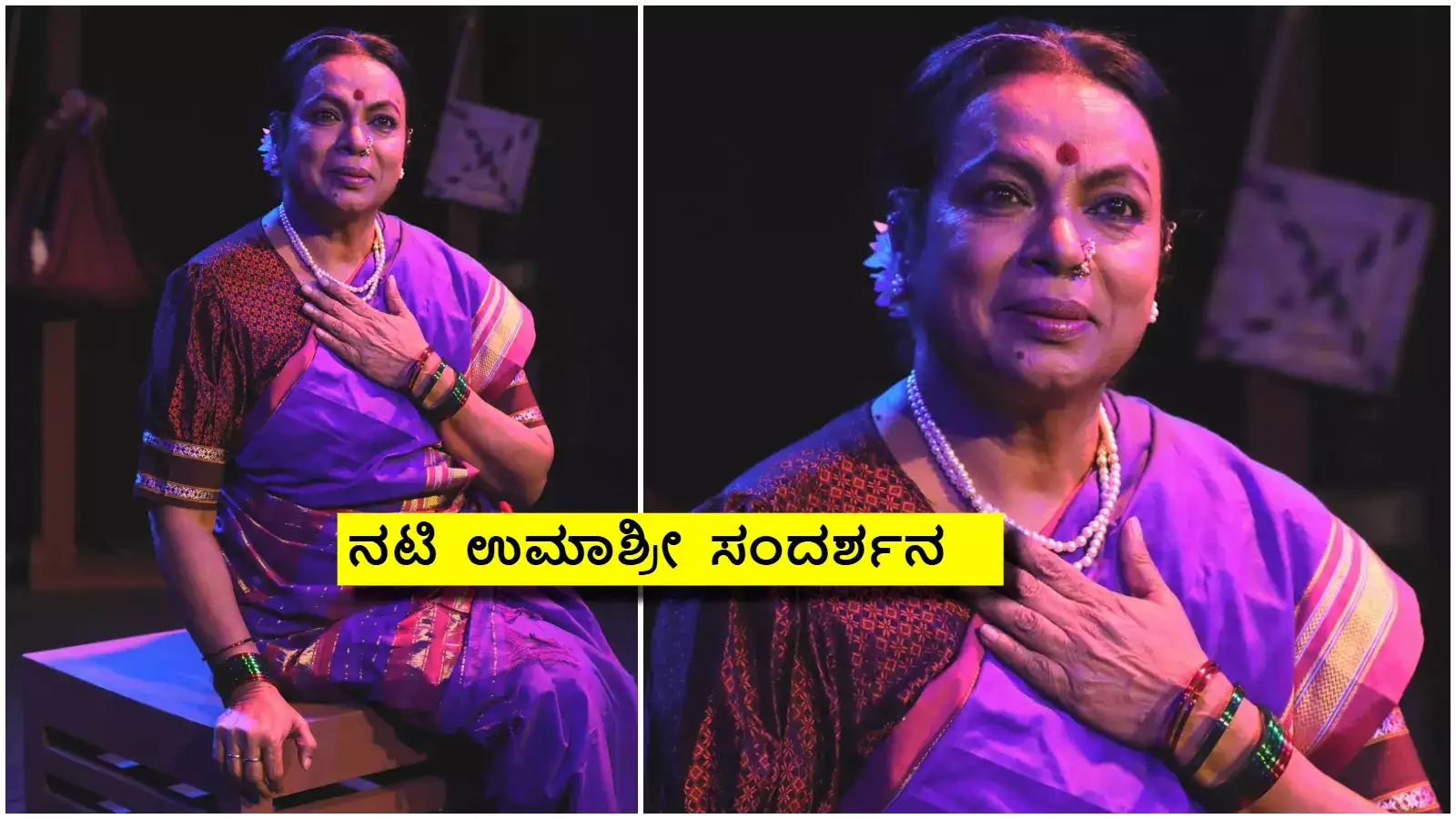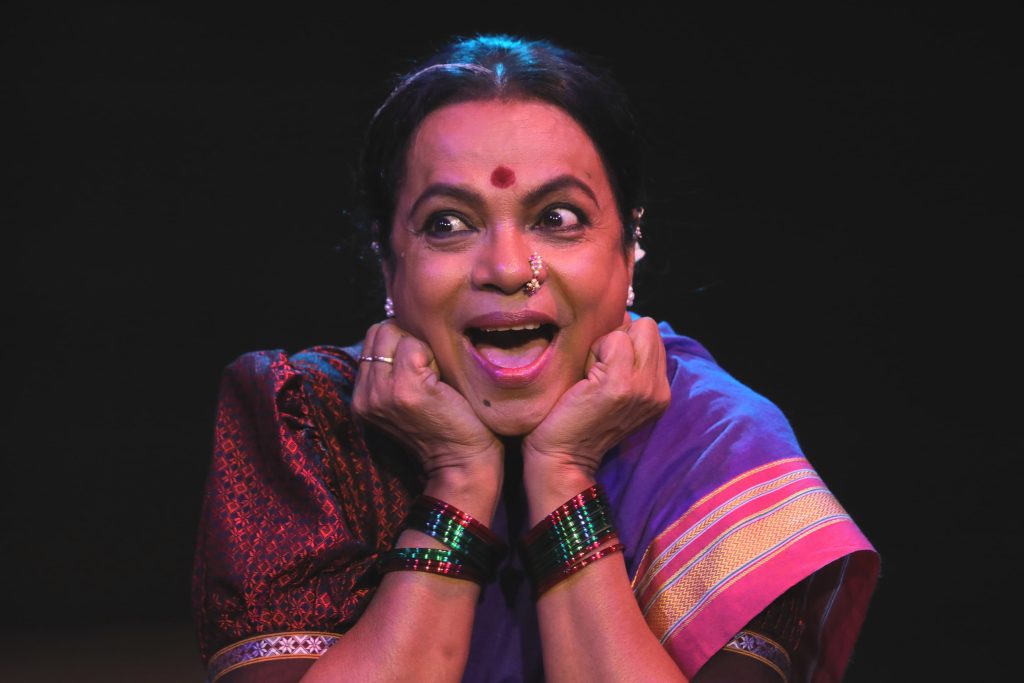Most of us walk the paths that others have laid out for us. We become part of a charmed life, doing what society expects of us. But some among us live in a way that creates paths for others to follow. Srinivas P.—our beloved Vasu P., or “Soil Vasu”—was one such person. We lost him too soon, on 13 September 2025, leaving behind a deep, speechless kind of pain.
What can I say about Vasu? Personally, he was an absolute joy to be with. He sang songs, told stories, made us laugh with his antics, wiped our tears, brought us snacks, and listened to our woes. He was truly my elder brother. I could go to him with any sorrow. This is the truth. I knew very deeply that if there was one person in the family I could confide in fearlessly, it was with Vasu.
Once, when I was seven, I fell and scraped my knee. I was bleeding and crying, but he made up a funny song and dance that made me laugh so hard I forgot the pain. That was Vasu — he reached people where they were. There was no pretence or guile in him, just a natural kindness. He had a way with words, and I often confided in him about life, love, and work.
As I was growing up, he was an inspiration. He saw what most of us could not see in a conventional world. He understood the marginalised, the hurt, the wounded — with a spontaneous compassion that few ever achieve. There was a quiet bravery in him, unlike anyone else I knew. He walked his own path to the beat of his own drum.
How else could the second child of two academicians choose a life of such gritty, grounded service? His life was never about comfort — it was about purpose. From early on, he knew he wanted to work for people.
He began his journey with FEDINA, working with marginalised communities — domestic workers, sanitation workers, garment workers, construction workers, and farmers. When FEDINA merged programs with ICRA (Institute for Cultural Research and Action), his passion for farmers came into sharp focus. During this time, he travelled to Senegal, walking the sands of the Sahara, studying how villagers and farmers depended on water and soil — and how their survival ebbed and flowed with nature.
Perhaps it was there that his fascination with soil began.
Over the next decade, he travelled the length and breadth of Karnataka. I once joked, “Is there a single village you haven’t visited?” He laughed and said, “Probably not.” It wasn’t an easy path — researching and advocating for organic farming at a time when few understood its importance. People admired him but also told him to be “practical.” It affected him financially, yes — but never spiritually.
Even as NGOs faced funding cuts and the term soil health meant little to most, he carried on, unwavering. No financial struggle, no discouragement could shake him. His focus was clear, his conviction unbreakable.
In a world rushing ahead with technology, he worked with a broken computer and an old phone — and yet, he changed lives. He wrote songs, made charts, created presentations, and learned to blog — one slow keystroke at a time, often late into the night. When he found out about Facebook, his daily posts about soil brought together so many farming enthusiasts close to him. He became a leader of theirs, of sorts. His bag was always full of soil samples wrapped in newspaper or plastic. Ask him one question about soil, and he could speak for hours. He was, quite literally, a walking, talking soil soldier.
I used to worry about him. Once, I urged him to get a medical check-up since he’d crossed 55. He smiled and said,
“I’ve shared my songs, my charts, my work — do you think it has value?”
“Yes,” I said.
“Do you think helping farmers matters?”
“Of course.”
“Then as long as there’s even one farmer who isn’t practicing organic farming, I must continue.”
That was his king-like motivation — as long as farmers lived, he had work to do.
He addressed everyone with affection — buddhi, taayi, guru — always the learner himself. Every birthday or special day, he would send me a message at 5 a.m., overflowing with praise and warmth. Vasu had a natural sense of humour and an irrepressible joy for life. He wanted everyone around him to be well and happy. When my father was in the hospital, he spent afternoons keeping him company — singing songs, making him laugh, bringing comfort through simple cheer. Humour was his life force. No matter what adversities came his way, he faced them with laughter and light.
His son Nandan was his pride and joy — his life force. He would proudly share his music creations with everyone he met.
But Vasu was not alone in his journey. Behind “Soil Vasu” stood a circle of steadfast love — his parents, Smt. G.P. Lakshmi Devi and Prof. G. Padmanabhaiah, whose hands were always on his shoulders; an elder brother who held an umbrella over him constantly; a sister-in-law who was a childhood friend and confidante; and two younger sisters who, as Vasu often joked, were his “strict mothers”, but who laughed uncontrollably at his antics.
And of course, our family — his loudest cheering camp.
You were a king, a soldier, and the model of a good human being, Vasu.
You enriched us. You reminded us of our humanity.
Thank you for making people better — just by being yourself.















.jpeg)
.jpeg)


